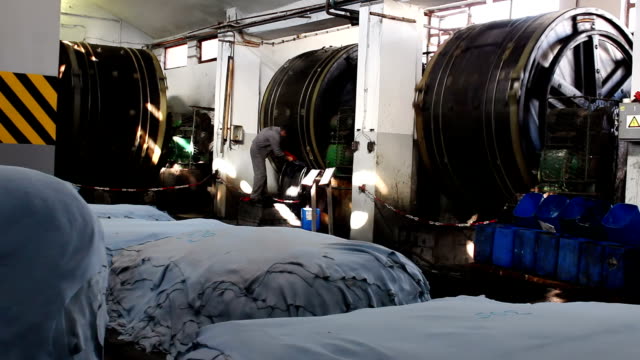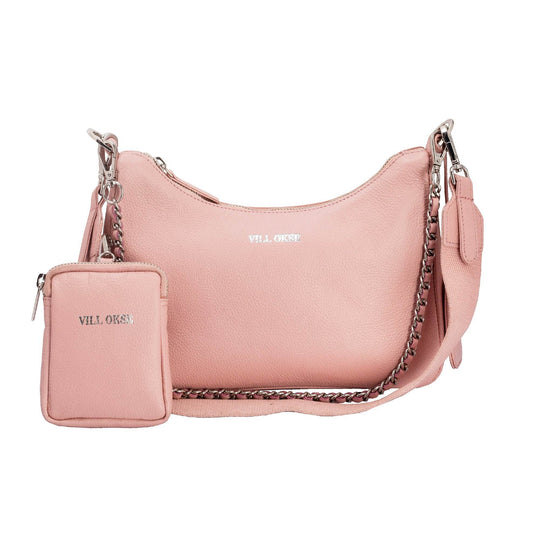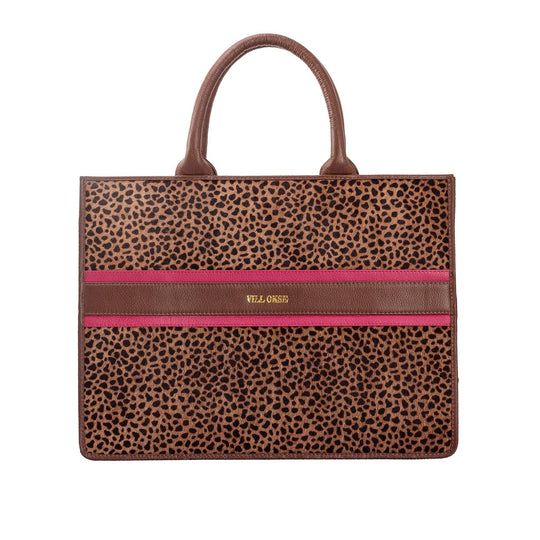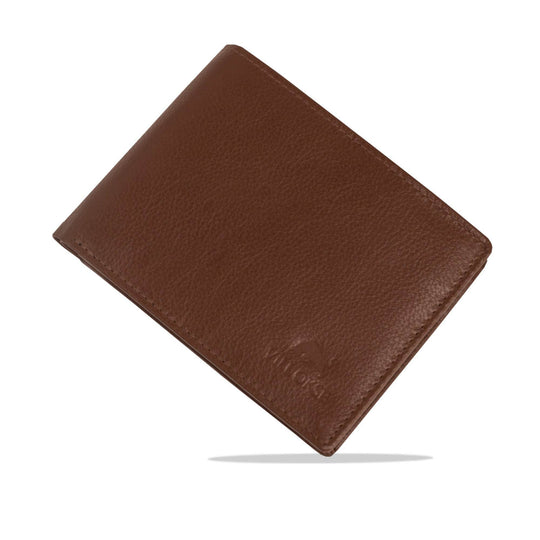How VILL OKSE is Reviving Indian Tanneries through Ethical Leather
India’s tanneries have long been the silent backbone of global leather trade — powering fashion houses across Europe and North America. Yet, behind this robust supply lies a harsh reality: outdated machinery, lack of environmental safeguards, limited global visibility, and a crisis of artisan displacement.
With the rise of conscious consumerism and demand for traceability, many traditional tanneries in India now find themselves excluded from global value chains. What follows is a loss of income, identity, and intergenerational craftsmanship.
Rebuilding Leather Culture, One Artisan at a Time
At VILL OKSE, we aren’t just making bags. We’re rebuilding a broken ecosystem. By partnering directly with Indian tanneries, we offer fair employment, invest in skill development, and restore the dignity of age-old crafts.
Our team conducts regular workshops with tannery artisans in Kolkata and Tamil Nadu — offering hands-on training in hide selection, vegetable tanning, natural dyeing, and LWG-standard process optimization. These aren't just training sessions — they’re acts of cultural revival.
“We don’t outsource production. We invest in people — because India’s leather future should be written by Indian hands.”
Eco-Conscious by Design, Not Just Intent
Many Indian tanneries still rely on chromium-heavy processing — fast but ecologically damaging. VILL OKSE intervenes with cleaner methods: vegetable tanning, oil & wax finishing, and zero-waste water recycling systems.
This shift has helped our partner tanneries reduce chemical runoff by over 60% in the last 2 years. Moreover, our products avoid plastic-based leather alternatives entirely — instead opting for biodegradable treatments and plant-based dyes.
Enabling LWG-Certified Excellence
The Leather Working Group (LWG) certification is today’s global benchmark for sustainable leather production. But most Indian tanneries are not equipped to meet its demands — paperwork, audits, chemical traceability, and process engineering.
VILL OKSE steps in as a facilitator. We co-develop SOPs with tannery partners, sponsor documentation and audit preparation, and guide them toward compliance — ensuring that Indian leather doesn’t just compete, but leads the global conversation.
| Aspect | Traditional Tanneries | VILL OKSE Model |
|---|---|---|
| Training & Skill | Unstructured, word-of-mouth methods | Certified workshops and on-floor mentorship |
| Environmental Impact | Heavy metals, non-biodegradable waste | Vegetable tanning, effluent treatment, compostable waste |
| Certifications | Rare, local compliance only | LWG-aligned practices + ESG reporting |
| Worker Benefits | Wage disparity, health hazards | Fair pay, safety gear, medical support |
| Global Market Access | Declining exports | Shopify, Faire, direct-to-retail channels |
The Road Ahead
Our goal is not just to make leather beautiful — but to make it ethical, traceable, and proudly Indian. Through slow fashion, responsible sourcing, and education-first partnerships, we aim to revive the lost glory of Indian tanneries — one bag, one wallet, one artisan at a time.
Real change begins not in factories, but in the hands of empowered craftspeople. That’s the VILL OKSE promise.






0 comments